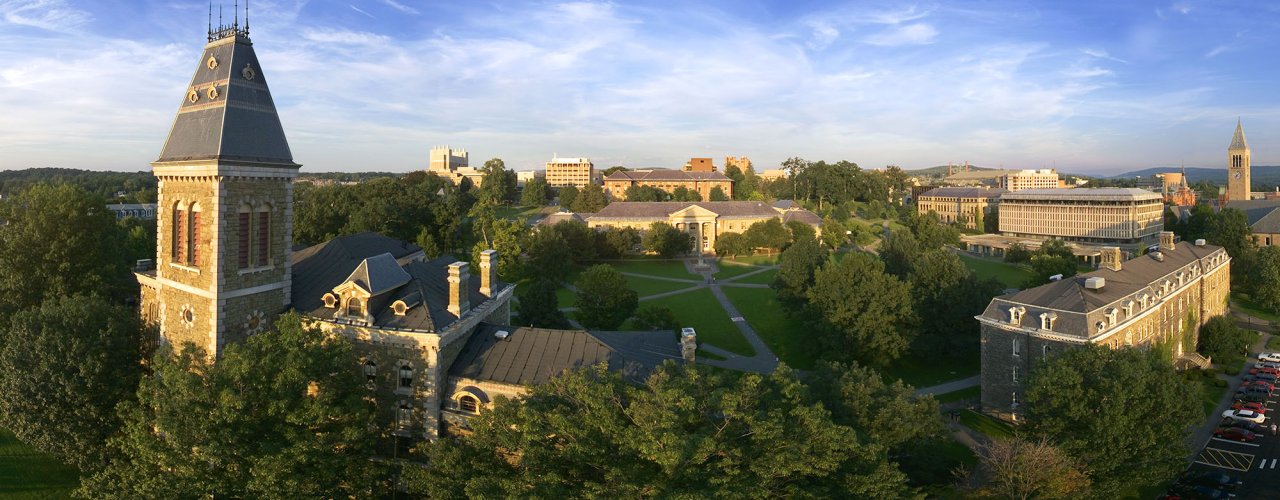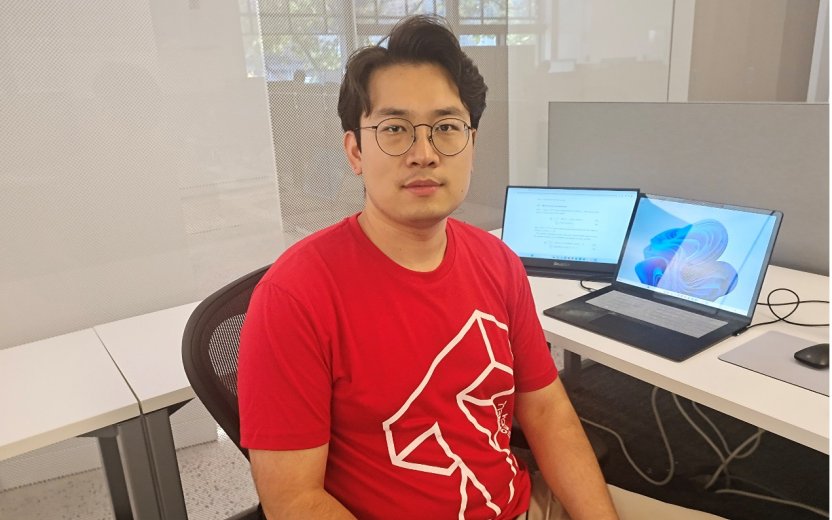Cornell Hosts Imperial College London PhD Students for Collaborative Summer Research
This summer, Cornell welcomed six PhD students from Imperial College London to the Ithaca and Cornell Tech campuses as part of Imperial's Global Fellows Fund. This program supports high-impact international placements for PhD students in labs at Imperial's strategic international partners. Cornell is the only U.S. university invited to participate in the prestigious program.
The Global Fellows Fund empowers students to expand their skills by exploring novel experimental techniques through access to resources unavailable at their home institution. Participants strengthen their professional expertise through international and interdisciplinary teamwork, honing their competencies as globally minded scientists.
Scholars spent up to three months delving into collaborative research projects at Cornell's Ithaca and Cornell Tech campuses guided by their PhD and host supervisors.
Visiting PhD student Claudia Wyer, life sciences, shared her excitement about the collaboration. "Visiting Cornell has further motivated me to continue a career in academic research. The wealth of knowledge and technical expertise in the Harrington Lab made for an exciting and inspiring working environment," she said. Her involvement in studying seminal fluid proteins in the Yellow Fever mosquito, Aedes aegypti, held the potential to enhance mosquito control strategies and showcased the substantial impact of cross-disciplinary collaborations.
Professor Laura Harrington, entomology and public and ecosystem health (CALS) commented, "Participation and support from the Global Hubs exchange enabled us to acquire preliminary training and data to start a new collaboration with scientists at Imperial College London!"
Milan Rakic studies physics at Imperial. His experience echoed the sentiment of interdisciplinary growth. Working alongside the J.C. Davis group, Rakic contributed to a theory on pair-density waves, a fascinating phenomenon in materials where superconducting electrons form spontaneous patterns. His collaboration with experimentalists expanded his horizons and led to intriguing insights.
Eman Maali, a computing student at Imperial, engaged in projects with Professor Thomas Ristenpart's research group at Cornell Tech, exploring safety and security enhancement through a mobile application. Maali's work underscored the potential for research to directly impact individuals' lives by focusing on detecting hidden tracking devices and addressing technology abuse.
Reflecting on her time at Cornell, Maali noted, "This group is not just like other traditional security research groups but rather an exceptional group looking for a real impact on people's life with their research." This sentiment epitomized the program's goal of fostering transformative change through international collaboration.
Other students and faculty hosts included electrical and electronic engineering students Ziang Liu and Zhengang Guo, who worked with Anna Scaglion, electrical and computer engineering (Cornell Engineering). Patrick Alexander Walkden, life sciences, worked with Eliot Miller at the Cornell Lab of Ornithology.
Guo, who was based at Cornell Tech, felt his experience added to his research, “When I had an online meeting with my supervisors at Imperial, they were surprised with my progress at Cornell and encouraged me to continue my research on the data-driven model using graph neural networks. I tasted different methods and realized them in practice.”


